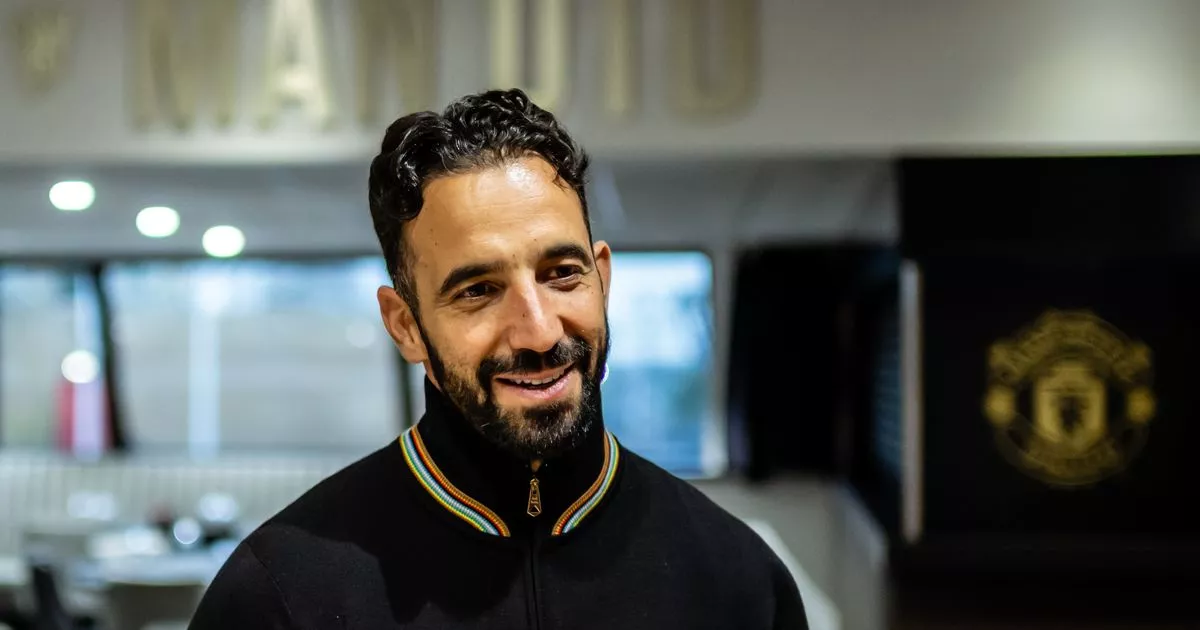
Ruben Amorim’s appointment as Manchester United manager marks a shift toward developing existing talent and a more measured transfer approach under Sir Jim Ratcliffe’s INEOS ownership.
The club, having spent heavily in recent years, is now focusing on sustainability, signaling a new era at Old Trafford.
United spent over £600 million during Erik ten Hag’s tenure, but Amorim’s arrival comes with a mandate to prioritize squad improvement rather than relying on lavish spending. The Portuguese coach, hailed as one of Europe’s brightest young tacticians arrives with his trusted coaching staff from Sporting Lisbon after achieving remarkable success, including two league titles and two domestic cups.
Costly Changes Amid Financial Pressures
Bringing Amorim to United mid-season came at a significant cost. The club paid Sporting Lisbon £9.25 million in compensation, while parting ways with Ten Hag and his staff required an additional £15 million.
These decisions highlight United’s financial struggles, as the club posted pre-tax losses of £312.9 million over the past three seasons and faces pressure to meet profit and sustainability regulations.
Amorim inherits a squad strengthened by a £180 million summer transfer window, which included signings like Leny Yoro, Matthijs de Ligt, Joshua Zirkzee, Noussair Mazraoui, and Manuel Ugarte.
However, he has been told not to expect funds for the January transfer window. Instead, the club will focus on leveraging the potential of its current roster, including players like Rasmus Højlund (£72 million) and Mason Mount (£55 million).
Strategic Focus on Youth and Development
Amorim’s task is clear: maximize the potential of the squad and build around a promising young core.
The new leadership team, comprising sporting director Dan Ashworth, technical director Jason Wilcox, chief executive Omar Berrada, and INEOS director of sport Dave Brailsford, believes this approach will stabilize the club financially and on the pitch.
Manchester United’s current position—13th in the Premier League and four points off the top four—underscores the urgency of Amorim’s mission. Missing out on Champions League qualification for a second consecutive year could have significant financial repercussions.
January Transfer Window: Limited Activity Expected
With financial constraints looming, United are unlikely to make major moves in the January transfer window despite links to players like Sporting’s Viktor Gyökeres and Bayern Munich’s Alphonso Davies. Instead, Amorim will look toward the summer window for more flexibility in reshaping the squad.
Contracts of several players, including Christian Eriksen, Victor Lindelöf, and Jonny Evans, are set to expire at the end of the season, while options exist to extend deals for Harry Maguire and Amad Diallo.
Jadon Sancho could also leave permanently, as Chelsea hold an obligation to buy him if they finish in the Premier League’s top 14.
Challenges and Opportunities Ahead
The new INEOS leadership has already implemented significant cost-cutting measures, including a controversial reduction of 250 staff members, costing the club £47.8 million. Such moves highlight the financial balancing act required as Manchester United aims to remain competitive while addressing long-term sustainability.
Ruben Amorim’s ability to revitalize the squad, instill his philosophy, and navigate these financial constraints will be pivotal in determining whether Manchester United can re-establish themselves as Premier League contenders. His journey begins with Sunday’s clash against Ipswich Town, where he’ll aim to spark the turnaround fans have been waiting for.
Leave a Reply